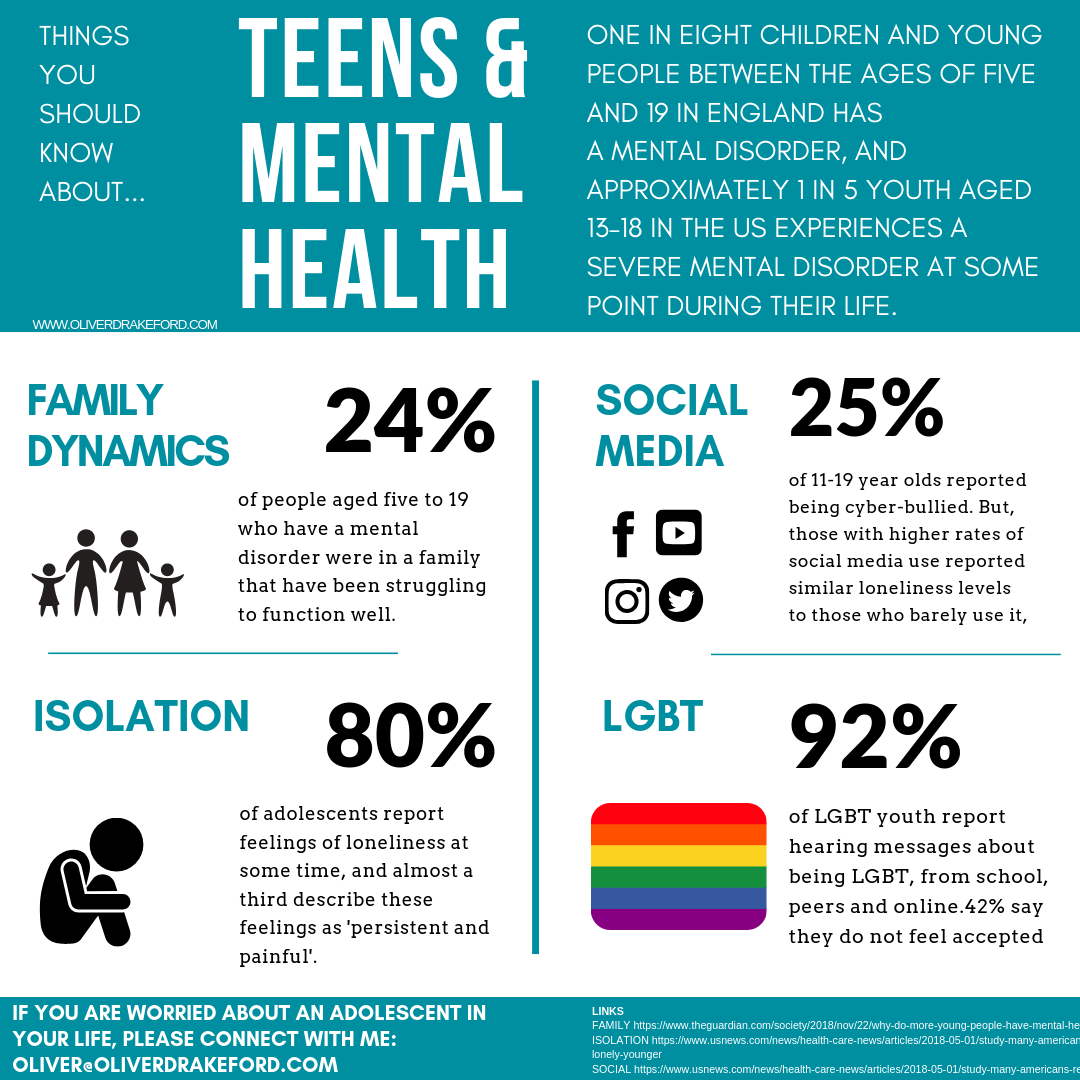Blog Post #4
* How diverse is your existing PLN?
I would like to believe that my PLN is very diverse; however, the more I think about it, I do not think that I am very diverse in the grand scheme of things. Diversity would include all ages, different social and ethnical backgrounds, different genders, sexual orientation, career paths, etc. In some ways I do engage in a diverse population when it comes to social, genders, and career paths; however, I live in a very small region of Canada and struggle with having an ethnical, or different sexual orientation PLN. Due to the area I reside in, we are a very large white population with a very small diverse ethnical community. Similarly, individuals with a different sexual orientation tends to move away from this area to larger city centers, which offer more acceptance and resources.
* In your PLN, are you learning from a variety of voices or are you the loudest in the room?
In my PLN I am defiantly learning from different sources and voices. I am the type of person who will sit back and take everything in at first. I have been this way for a very long time, as I do not like confrontation. In most situations, I tend to sit back and feel the crowd out first, and then I will include my voice where I feel it is acceptable to do so. I avoid confrontation this way because I listen to others opinions and make sure I do not offend them when it is my turn to speak. However, if I am very passionate about a topic I will voice my opinion no matter what, but for the most part I can be passive and allow others opinions form my decisions.
* Do you participate in a silo of information sharing (similar themes or wide-range of interests)?
Participating in a silo of information sharing happens for me a majority of the time at my job. Although all the teachers I work with have a similar theme, which is teaching; however, within that we have a wide range of interests. Our interest in our silo range from subject and grade. Within this course, I have a silo of information sharing, but for the majority of our sharing it is directed towards a similar theme, which is usually set out by our teacher.
* How can you use a diverse PLN to broaden your views of inclusion?
I can use a diverse PLN to broaden my views of inclusion by listening to others points of view, and what they have experienced with inclusion. When I think of diversity its people of all ages, sexual orientation, cultures, race, and bring forward a different life experience then myself. When I look at myself, I believe I have a very broad view on inclusion, as I was previously an Education Assistant before becoming a teacher. My experience as an Education Assistant was a positive one because the teacher whose classroom I was in had a very inclusive mindset in her room. I felt accepted, valued, and appreciated in her space.
* In your professional setting of choice, do you think inclusion is actively embraced?
In my short three year (so far) teaching career, I believe inclusion is actively embraced as we take a course based strictly on inclusion. Although teachers get taught tips and trick on inclusion in their classrooms, I do believe for some teachers it is a large stretch to encompass inclusion within their classroom. Unfortuantely, those teachers who have been teaching for a long time and are close to retirement right now taught at a time in their career where inclusion was not a “thing”; therefore, making it more difficult for them to adjust.
* What is the learning outcome of your PLN and how are you ensuring your exposure to diversity and inclusion?
My learning outcome from my PLN is to always be a lifelong learner and encompass others knowledge and opinions. I am ensuring my exposure by trying to allow others to learn from me, and my experiences so far as an educator with diversity and inclusion. As I mentioned before I feel as though I do not offer diversity justice though due to the location I live and work.
* How has your thinking about inclusion and PLN evolved after reviewing the videos and readings?
I am not sure my thinking about inclusion and PLN has really evolved or changed since the videos and readings. I wish I had more opportunity to submerge myself in more situations that are inclusive. I constantly remind myself that everyone has their own story, and I just try to listen and be as accepting as I possibly can.
Works Cited:
Moore, S. & Schnellert, L. (2017). One Without the Other : Stories of Unity Through Diversity and Inclusion, Portage & Main Press. ProQuest Ebook Central. https://ebookcentral-proquest-com.ezproxy.library.uvic.ca/lib/uvic/detail.action?docID=4832579.
Moore S. (2018). The Evolution of Inclusion: The past and future of education. YouTube. https://www.youtube.com/watch?v=PQgXBhPh5Zo&feature=youtu.be

